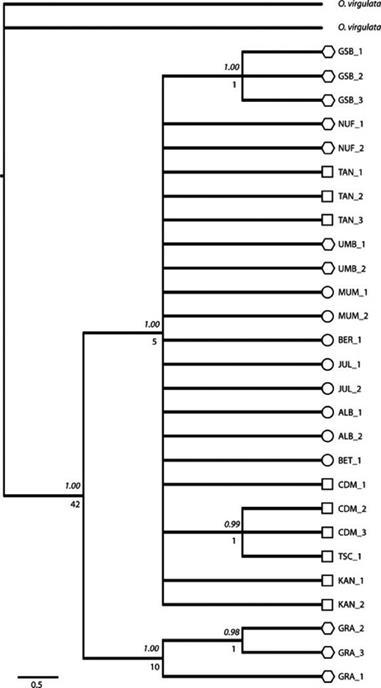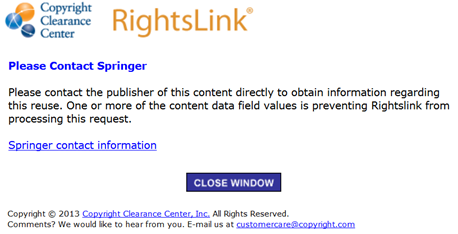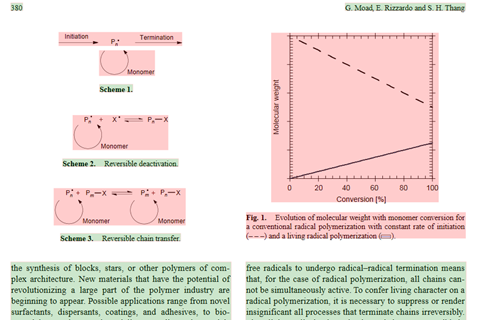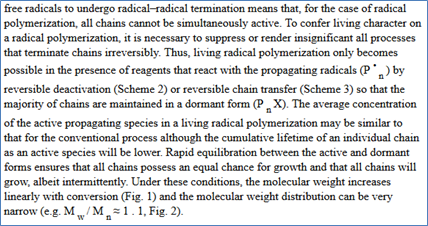The Open Rights Group has unearthed an appalling proposed restriction on bloggers like me. In essence regulation of the press will be extended to bloggers. Unless I get a licence I will be closed down. (I know some people would like this). We have till Monday to act. In http://www.openrightsgroup.org/campaigns/leveson :
Cameron, stop the Dangerous Blogs Bill
The Leveson regulations are being applied to UK websites – in ways that could catch more or less anyone who publishes a blog. Ordinary bloggers could be threatened with exemplary damages and costs. If this happens, small website publishers will face terrible risks, or burdensome regulation – and many may simply stop publishing.
Lord Leveson’s regulations are being applied to UK websites – in ways that could catch more or less anyone who publishes a blog. Ordinary bloggers could be threatened with exemplary damages and costs. If this happens, small website publishers will face terrible risks, or burdensome regulation – and many may simply stop publishing.
We have until Monday to stop this happening.
Lord Leveson said he wanted to regulate print media. He proposed that judges be allowed to award exemplary damages and full costs against unregulated publishers. These are stringent and controversial measures, but he only envisaged them applying to large and powerful publishers. Not websites, unless they belonged to print publishers.
Last weekend, the proposals were agreed in a rush, without public consultation, and with no attention to the detail.
Outrageously, they have given the Lords until Monday to fix their mistakes.
The result is that they apply to any size of web publisher – if there’s more than one author, the content is edited and there’s a business involved, then you must join a self regulator.
Most blogs like this aren’t powerful publishing houses. Even ORGZine would need to be regulated, or face punitive measures if it ended up in court.
The threat of websites being regulated like this was never the purpose of Lord Leveson’s recommendations. Websites weren’t involved in phone hacking. There is no evidence that they need to be forced into self-regulation like this.
We need you to email Nick Clegg, Harriet Harman, and David Cameron to ask them to back off and leave the Internet out of Leveson.
A copy will go to your MP so they know how you feel as well.



